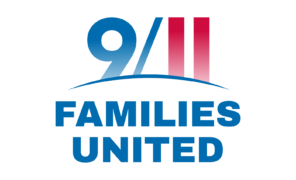September 11 Transparency Act
S.2654/H.R. 4958
The September 11 Transparency Act requires the U.S. government to conduct a complete declassification review of investigative files relating to foreign government support for the first arriving 9/11 hijackers and terrorist attacks of September 11, 2001. This new legislation represents Congress’s fulfillment of the promise of the Justice Against Sponsors of Terrorism Act (2016), which provided a clear path for terrorism victims such as the 9/11 community to pursue justice through civil litigation against foreign states. Congress had every expectation that the U.S. government would be cooperative with terror victims’ efforts.
Questions and Answers
Why is this legislation needed?
For nearly twenty years, the 9/11 community has been pursuing justice and accountability from those foreign states, organizations, and individuals who provided financial and other material support to al Qaeda and the hijackers through a civil lawsuit pending in New York City. The most prominent defendant is the Kingdom of Saudi Arabia. As part of that civil lawsuit, the 9/11 community’s attorneys in 2018 served a subpoena on several agencies in the U.S. government seeking access to all files bearing on this quest for accountability. While some documents have been produced, the U.S. government also has claimed that it would be too burdensome to search for relevant documents and has even hidden some files through invocation of a “state secret” privilege. It is clear that the bureaucratic stonewalling and hostility to the 9/11 families’ quest for the full truth will not stop unless Congress forces the bureaucracy to act.
How will this legislation correct this problem?
This legislation is comprehensive: it mandates a full declassification process of all of the most critical investigation files, pursuant to procedures already established in law, and sets a firm 90-day deadline from the date of enactment.
Is there precedent for Congress mandating a declassification review or national security documents such as these?
Yes. Most prominently, Congress in 2014 mandated a full declassification review of all documents collected during the raid that resulted in the killing of Osama bin Laden at Abbottabad in 2011.
Exactly what documents have to go through the declassification process?
This bill directs a declassification review of critical records from the FBI’s primary investigative file, labeled PENTTBOM, as well as associated “subfiles” concerning Saudi government agent support for the 9/11 hijackers. This includes a full declassification review of Operation Encore, the investigation opened in 2007 to follow up on PENTTBOM leads relating to support provided by Saudi agents to the first-arriving hijackers that had not been fully pursued. Finally, the bill provides for a special, expedited review mandate for the April 2016 summary report issued by the FBI for Operation Encore.
Will all relevant documents be declassified and/or released?
It is possible determinations may be made that the declassification of some documents could result in exposure of “sources and methods” of intelligence-gathering, jeopardizing current national security operations or American lives. Those circumstances will be few, given the 20-year passage of time. Even in those cases, the bill requires that the head of the relevant agency and DNI assess whether the public interest in release outweighs any legitimate national security concerns. In the limited cases where documents may be deemed unfit for release, the agency would be required to notify Congress and justify the decision. The formal, mandatory declassification process is nonetheless the best way to ensure maximum disclosure and fidelity to the proper standards.
Why will the U.S. government cooperate? Won’t they continue to stonewall the release?
The September 11 Transparency Act will become law with President Biden’s signature (or over his extremely unlikely veto), and he will then ensure that his Director of National Intelligence, CIA Director, Attorney General, and FBI Director all comply with its terms. Any decisions to keep a document classified will be subject to the additional review provisions of Executive Order 13526, and Congress will be able to provide additional oversight because it must be notified of the specific information not being declassified.


